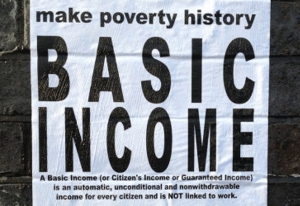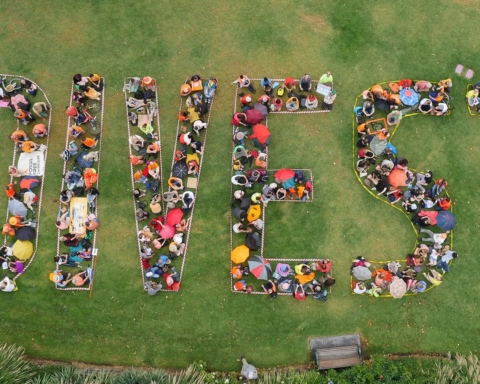
The idea of a universal basic income is becoming popular in many countries. Finland is allowing for an experimental pilot program to replace part of its social security protection with a universal basic income (UBI). Switzerland will hold a referendum on the subject in June. Other European countries are also envisaging with the concept. This idea is also gaining momentum in the United States. In Africa, a small island like Mauritius has already introduced a Bill in Parliament to provide for a minimum salary.
The universal basic income – also referred to as basic income, basic income guarantee, unconditional basic income, universal demogrant, or citizen’s income – is a form of social security system in which all citizens or residents of a country regularly obtain a sum of money, either from the government or any other institution, in addition to any income received from elsewhere. An unconditional income transfer of less than the poverty line is sometimes referred to as a “partial basic income”. The idea is that the government should pay everyone a benefit—say, the equivalent of a minimum-wage salary—regardless of income or employment status. Those who advocate the UBI come from an uncommonly wide range of political persuasions and policy backgrounds.
The UBI intended to reach various objectives. Some supporters say it will ensure an income to people when robots take their jobs. Others think it would be an efficient way to end poverty. One big apprehension is whether governments could fund such a program. Second, it might not be a policy that achieves its goals better than any option with lesser costs. Apart from the financial costs, it may provoke some economic distortions. Moreover, if the amount is too high, for example, someone who sees his income double, he may not want to work at all.












